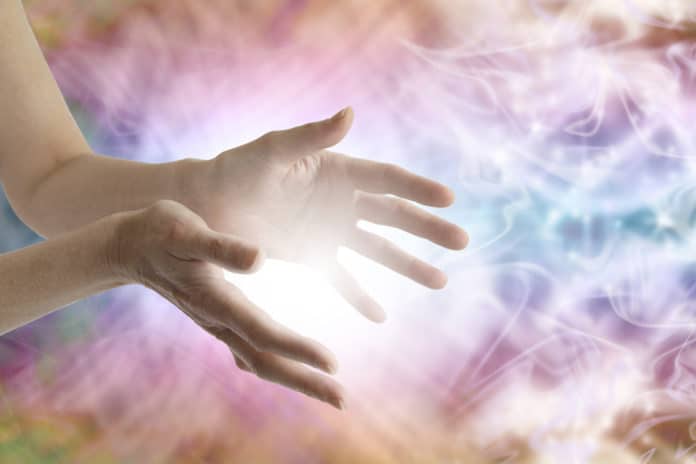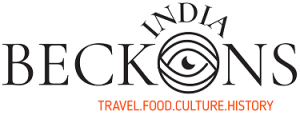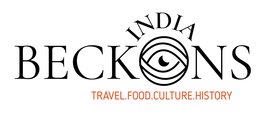
The word Reiki originated in the Japanese language, and it means “universal life energy.” Reiki is also said to have originated in Japan in the early twentieth century. The credit of its discovery goes to Dr. Mikao Usui.
In the Japanese language, it also stands for “spiritually guided life force energy.” It is a technique that reduces stress and promotes healing and relaxation in the body. It is administered with “laying on hands” and if often used on post-trauma and post-surgery patients to promote faster healing.
Reiki is based on utilizing the energy of the universe and is used for improving the natural healing ability of the body. It mainly reduces pain, stress, and anxiety. People practicing Reiki call it a spiritual art but there are several myths surrounding this concept. Here we bust some of those myths for you.
One must bear in mind that Reiki is a complementary healing process. It does not replace medicine, just complement it. It improves the body’s response to healing and enhances the rate at which it takes place. As a caveat, we should tell you that for any serious ailments, it is advisable to see a doctor and not depend on Reiki only.
Myth 1: Reiki is a religion
Fact: Reiki at no point can be called a religion. It is an art of spirit that enhances the spiritual power of an individual and helps him/her heal faster, internally as well as externally. It can be called a way of life but not a religion. Reiki is not based on any religious principle. It is a science of healing through spirit and it does not entertain anyone’s personal views. People belonging to different religions and faiths are associated with this spiritual science.
Subscribe to our monthly or annual plan to read the full story. Premium Content. Already a member? Login here.
Start your subscription.
Enjoy unlimited access to our unrivaled travel, culture, heritage, lifestyle, and food blogs. Try monthly subscription or save 20% with our annual plan.
















